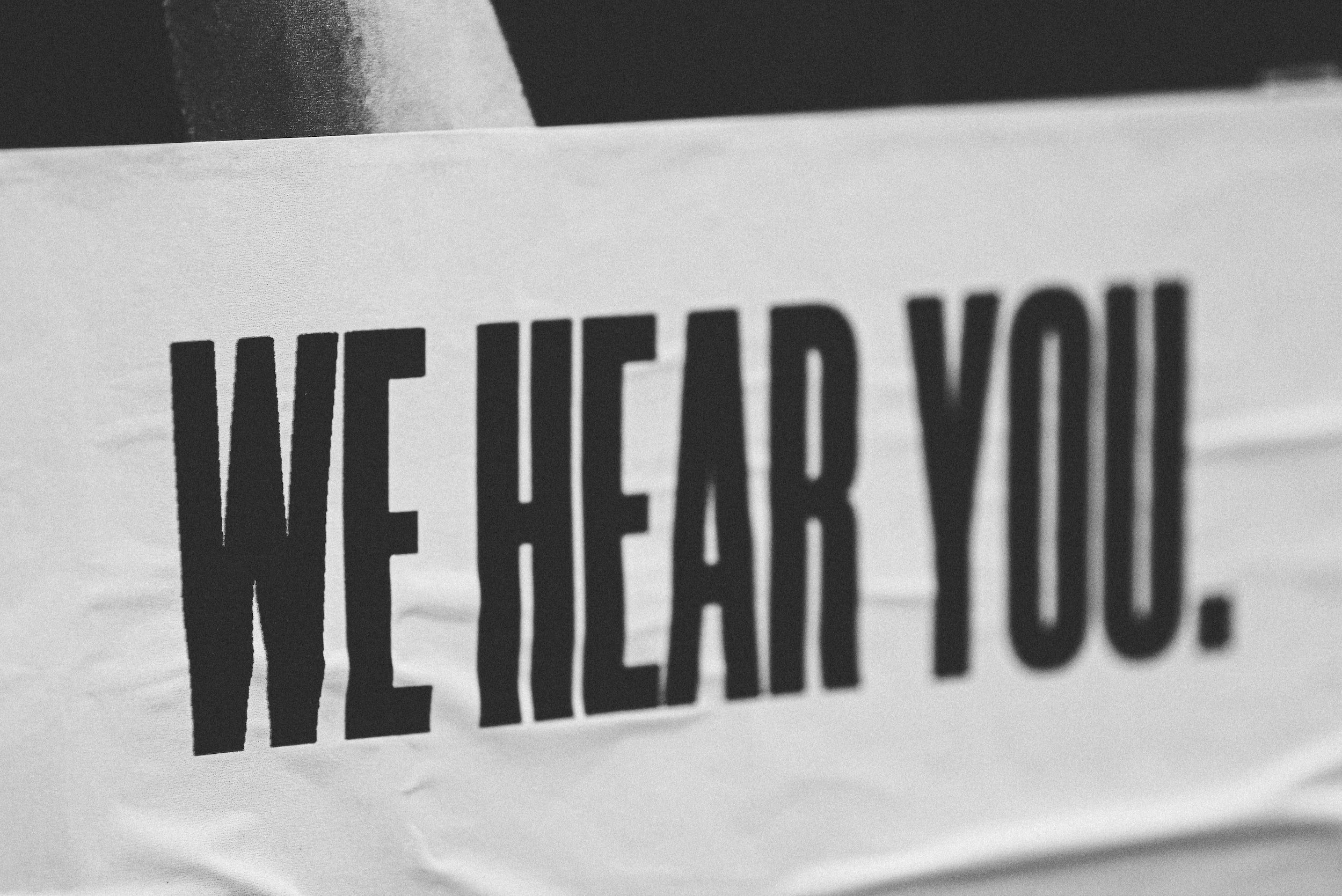Choose Your Focus Wisely, Your Reticular Activating System is Listening!
While it sounds like a something Darth Vader would be proud of, it’s actually a part of your brain. Located at the brain stem, the Reticular Activating System’s (RAS) main job is to filter unnecessary noise from the environment to let the important stuff get through. Ever wonder how you can hear someone call your name even in a large crowded area? The RAS scans and amplifies that information that it deems important, so it comes to the foreground. Pretty cool right?!
How does it decide what is important? We decide by focusing our attention on something be it joyful or worrisome. The RAS then filters for those things that we pay attention to. Ever had someone doing something annoying in a meeting and by the end of the meeting it is all you notice??
I recently bought a car, at the time I thought the color was one I hadn’t seen before but the car had all the other features I wanted at a good price, so I got it. As I was driving home, I saw at least 5 of the same color, now I see many every time I go and have realized that it is actually a very common color, I just hadn’t noticed before. When I focused on it, my RAS created a filter and pointed out every time one went by because I had made it important.
This part of the brain also plays a big part in confirmation bias where we scan the environment for evidence that supports our existing beliefs.When you hear something with which you do not agree, the reticular activating system (RAS) quickly (milliseconds) detects the emotional nature of what you are hearing (even if there is evidence it is true). As the words are emotionally charged, the RAS shifts thinking from the neocortex which is the rational part of your brain and activates the limbic system. This part of the brain deals instinctual to detect and mitigate threat, the home of our fight, flight or freeze responses and operates much more quickly that the neocortex. Instantly, your brain retrieves memories previously stored to reinforce your pre-existing belief and, based on this biased information, you don’t just feel this statement is wrong you “know” it is.
Don’t believe you are a good athlete? The RAS will bring you back proof of your shortcomings even as you drain that 3 (it was just luck, look at all the times you tried and missed). If you believe you are a good cook, you will hear all the lovely compliments that come your way and the slights will move to the background. This part of the brain bridges our conscious and unconscious. Once we focus on something, our unconscious mind begins to bring more if it to our awareness.
What can help overcome this lightning fast information highway?
Mental rehearsing is imagining ourselves completing a task or performance successfully. The success of mental rehearsing on improving performance has been well established, though the exact brain mechanisms are not known. By imaging ourselves completing a task or performance, our success has been shown to improve as the brain doesn’t know the difference between real and imagined, it just knows it has done the action successfully before. I still remember most of the last ski course I raced in high school as we used mental rehearsing to prepare mentally and physically for where each turn would be best executed on the snow. When I go back through it, I can still feel how my body would need to adjust as I came to each turn to keep the fastest line down the hill.
Since this part of the brain doesn’t know the difference between real and imagined events, why not use it to your advantage!
Check out our 3 F’s of Mental Rehearsing work sheet here!

